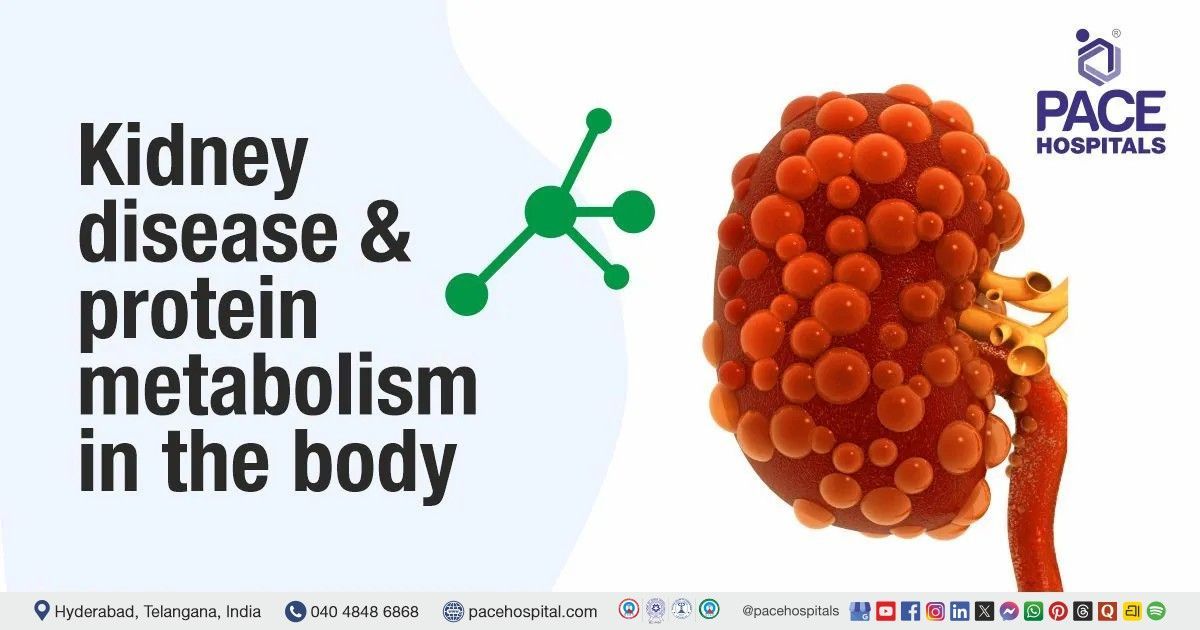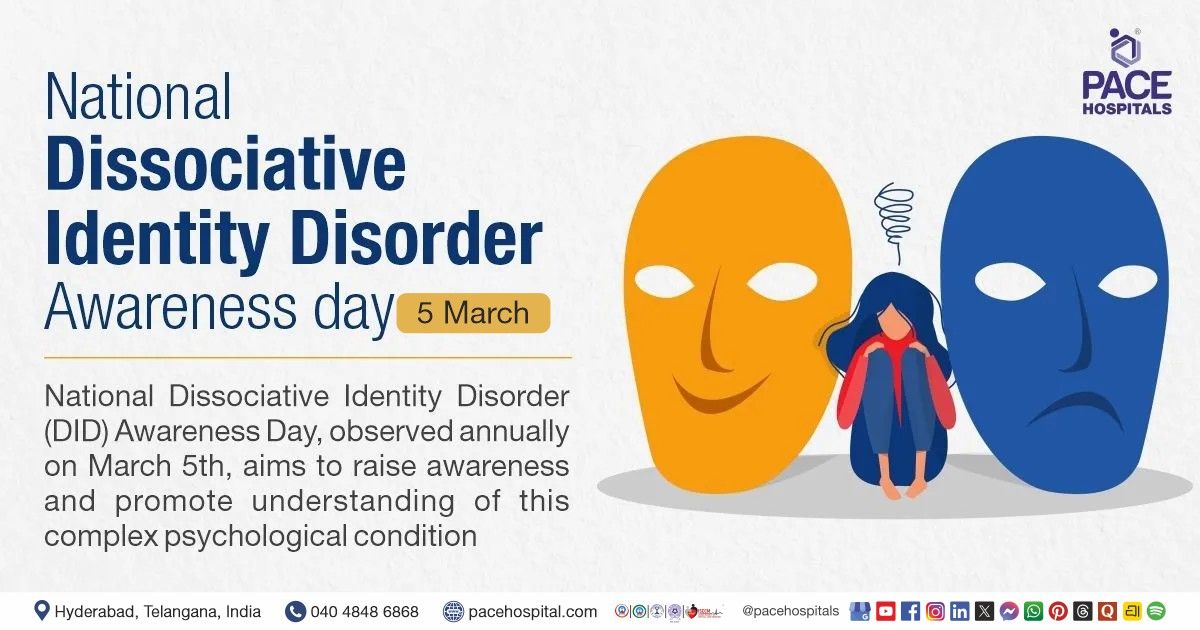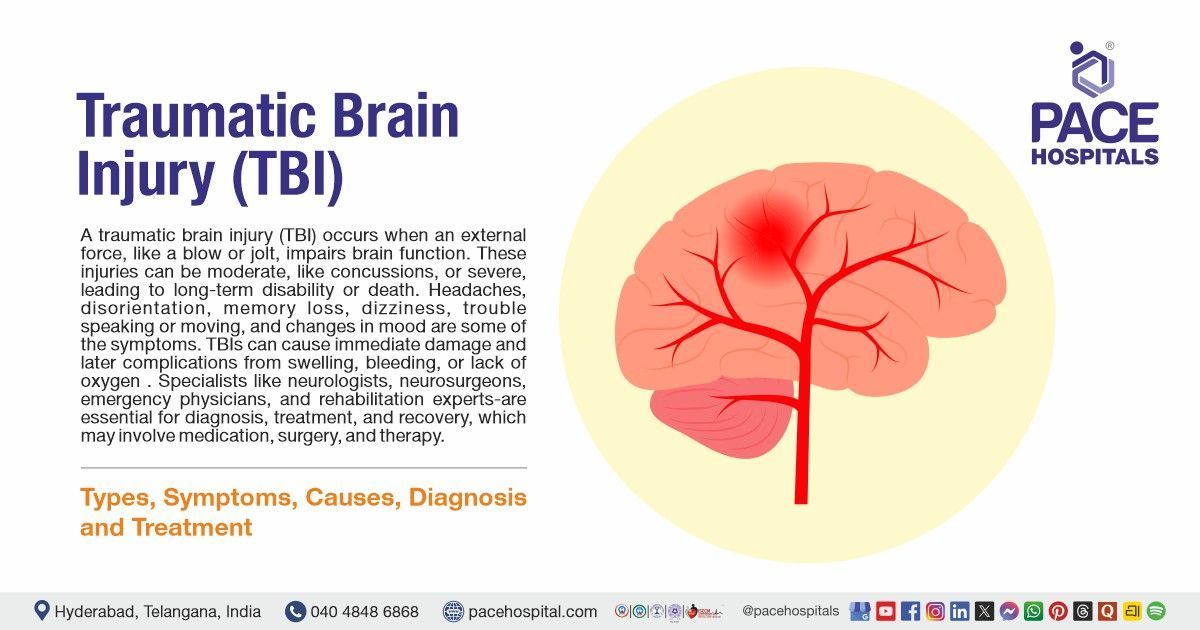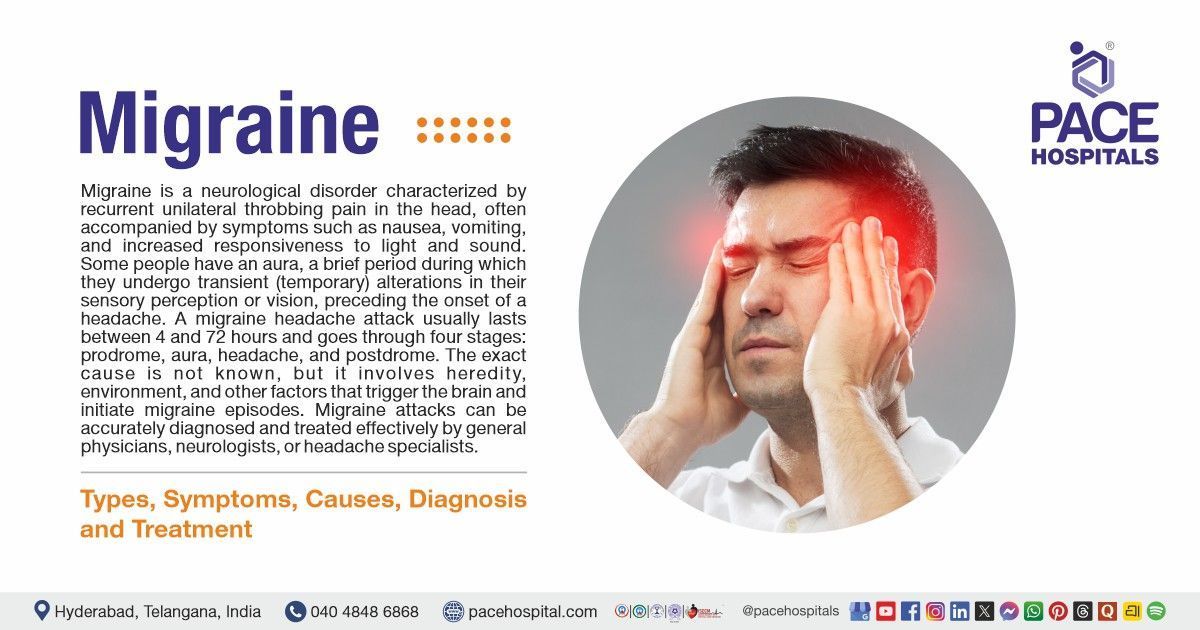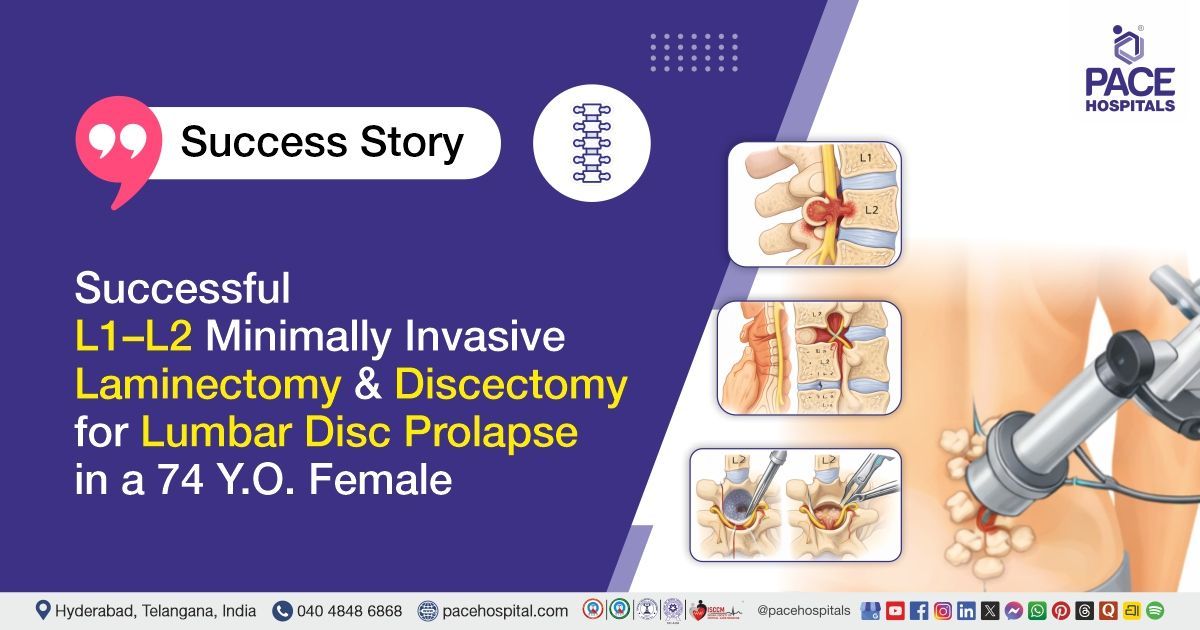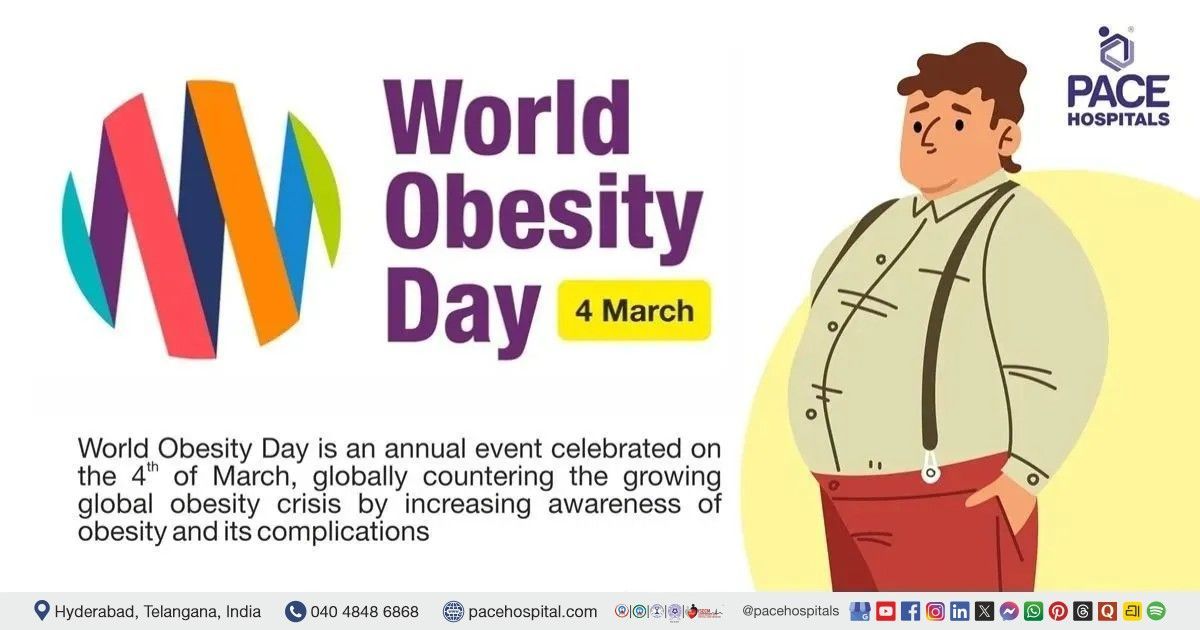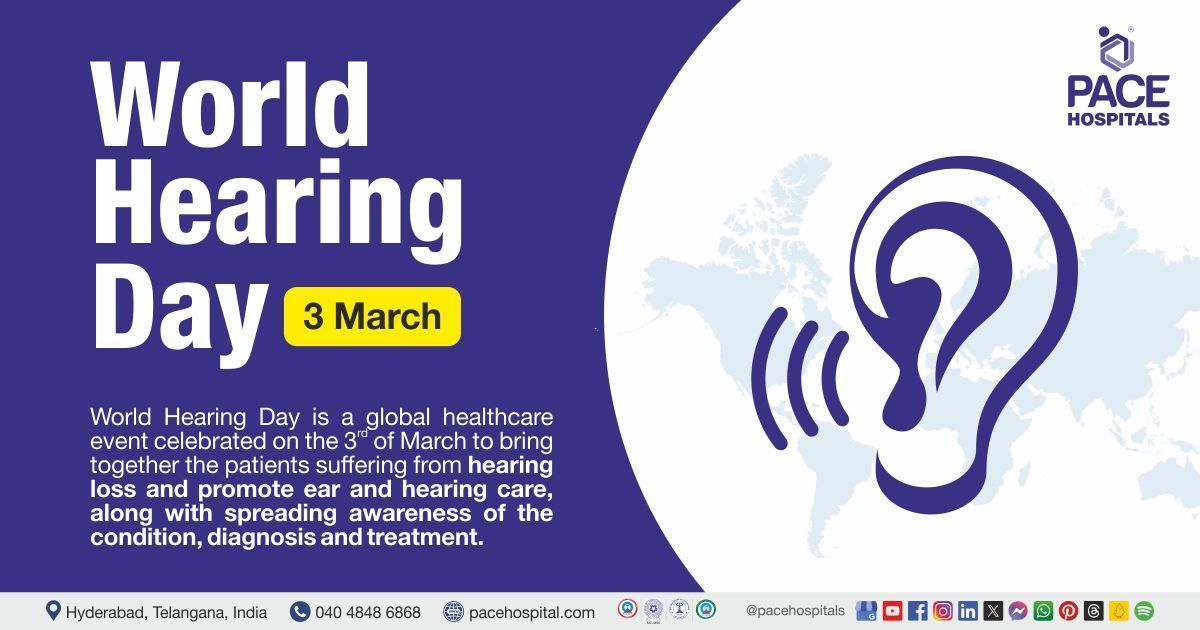Kidney Disease, Dialysis & Protein Metabolism: Nutrition Challenges & Care
PACE Hospitals
Written by: Editorial Team
Medically reviewed by: Dr. A Kishore Kumar - Consultant Nephrologist and Renal Transplant Physician
Protein metabolism plays an essential role in maintaining immune function, muscle mass, hormone production, and overall energy balance. In individuals with kidney disease, especially Chronic kidney disease (CKD), protein handling by the body becomes significantly altered. These changes can lead to nutritional deficiencies, muscle wasting, and reduced quality of life if not addressed appropriately.
At PACE Hospitals, our nephrology and nutrition teams work together to provide evidence-based, patient centric care that focuses on preserving kidney function while maintaining optimal nutritional health. This detailed overview outlines the impact of kidney disease on protein metabolism, associated clinical implications, and approaches to effective management.
How Protein Metabolism Is Regulated by the Kidneys?
Proteins are essential macronutrients made up of amino acids, which are required for tissue repair, enzyme production, immune defense, and muscle maintenance. After digestion, proteins are broken down into amino acids that are absorbed into the bloodstream and utilized by various organs.
The kidneys play an important role in protein metabolism by:
- Filtering waste products of protein breakdown (such as urea)
- Maintaining amino acid balance
- Preventing excessive protein loss through urine
When kidney function deteriorates, these regulatory mechanisms are disturbed.
Role of Kidneys in Protein Balance
Healthy kidneys properly filter blood, removing nitrogenous waste while conserving essential proteins and amino acids. They also aid to keep the acid-base balance, which is required for proper protein synthesis and muscle function.
In kidney disease, reduced filtration capacity leads to:
- Accumulation of protein breakdown waste
- Increased protein loss in urine (proteinuria)
- Altered amino acid utilization
Over time, this imbalance contributes to nutritional and metabolic complications.
Protein Metabolism in Chronic Kidney Disease (CKD)
Chronic kidney disease (CKD) is defined as a gradual and permanent loss of kidney function. Protein metabolism difficulties become more prominent as CKD progresses.
Key metabolic changes include:
- Loss of proteins through urine in certain kidney disorders
- Reduced protein synthesis in muscles
- Increased protein catabolism due to inflammation
These factors raise the risk of muscle wasting and malnutrition in CKD patients.
Protein Energy Wasting: A Major Complication
Protein energy wasting is a common and serious nutritional disorder seen in patients with advanced kidney disease. It is defined by the loss of body protein and energy stores, including muscle and fat mass.
Contributing factors include:
- Poor appetite due to uremia
- Dietary protein restriction without supervision
- Chronic inflammation and hormonal imbalance
- Metabolic acidosis
If not addressed, protein energy wasting is related with increased hospitalization, decreased functional capacity, and higher death.
Impact of Dialysis on Protein Metabolism
Patients undergoing dialysis experience additional challenges related to protein metabolism. While dialysis removes waste products, it can also lead to the loss of amino acids and small proteins.
Common effects include:
- Increased daily protein requirements
- Ongoing muscle protein breakdown
- Risk of nutritional deficiencies if intake is inadequate and not maintained in diet
Both hemodialysis and peritoneal dialysis patients require individualized dietary planning to compensate for these losses.
Protein Requirements in CKD: Evidence-Based Recommendations
Adequate protein intake is utmost required in kidney disease, but necessity vary significantly between patients who do not require dialysis and those undergoing dialysis. International clinical guidelines and large observational research have contributed to the development of safe and effective protein consumption recommendations for balancing nutrition and kidney protection.
Protein Requirements in Non-Dialysis CKD Patients
In patients with Chronic kidney disease (CKD) who are not on dialysis, controlled protein intake helps reduce metabolic waste accumulation while maintaining nutritional overall balance.
- Most clinical guidelines recommend to follow a protein intake of 0.6–0.8 g/kg/day in adults with non-dialysis CKD
- Studies show that this range helps slow CKD progression while preserving muscle mass when calorie intake is adequate
- Very low protein diets may be considered in selected patients under strict medical and nutritional supervision
- Adequate energy intake (30–35 kcal/kg/day) is important to prevent muscle breakdown and Protein energy wasting
Population-based studies show that protein intakes beyond recommended amounts in non-dialysis CKD are linked to a quicker deterioration in kidney function, whereas moderate restriction promotes metabolic stability.
Protein Requirements in Dialysis-Dependent CKD Patients
Protein needs increase substantially once a patient starts dialysis, due to amino acid losses during treatment and increased metabolic demands.
- Hemodialysis patients are generally advised a protein intake of 1.0–1.2 g/kg/day
- Peritoneal dialysis patients may require 1.2–1.3 g/kg/day, as protein loss through dialysate is higher
- Clinical data show that protein intakes below these levels are associated with higher rates of muscle wasting, infections, and hospitalization
- Higher protein intake in dialysis patients is linked to improved serum albumin levels and better survival outcomes
Observational cohort studies in dialysis populations consistently demonstrate that inadequate protein intake is a major contributor to Protein energy wasting and reduced quality of life.
Dietary Protein Requirements in Kidney Disease
Protein intake recommendations vary depending on the stage of kidney disease and treatment modality.
In Early to Moderate CKD
Moderate protein restriction may be advised to reduce kidney workload while ensuring adequate nutrition. This approach must be carefully considered and supervised to avoid malnutrition.
In Advanced CKD and Dialysis
Patients undergoing dialysis often require higher protein intake to replace ongoing losses and maintain muscle mass. High-quality protein sources are prioritized and need to be included in diet.
At PACE Hospitals, dietary plans are tailored based on kidney function, body composition, and metabolic functioning.
Clinical Consequences of Poor Protein Metabolism
Disordered protein metabolism in kidney disease can lead to:
- Muscle weakness and fatigue
- Increased susceptibility to infections
- Delayed wound healing
- Reduced exercise tolerance
- Poor overall quality of life
Early identification and management are critical to prevent these outcomes.
Assessment of Nutritional Status in CKD
Regular time to time nutritional assessment is required for patients with kidney disease. Evaluation may include:
- Body weight and muscle mass measurements
- Dietary intake assessment
- Laboratory markers such as serum albumin
- Functional capacity evaluation
This comprehensive approach helps to find out early signs of protein energy wasting.
Managing Protein Metabolism in Kidney Disease
Effective management requires a multidisciplinary approach.
Individualized Nutrition Therapy
Diet plans are customized to balance protein needs with kidney function preservation. Emphasis is placed on high biological value proteins and adequate calorie intake in the diet provided.
Correction of Metabolic Acidosis
Treating acidosis helps to lessen muscle protein breakdown and supports better metabolic balance.
Managing Inflammation and Comorbidities
Addressing infections, diabetes, and cardiovascular disease improves overall metabolic health.
Importance of Patient Education
Educating patients on optimal protein intake, label reading, and meal planning allows them to take an active role in their care. Consistent follow-up ensures that dietary programs are beneficial as renal disease worsens.
Special Considerations in Elderly CKD Patients
Malnutrition is especially prevalent in elderly people with kidney disease. Age-related muscle loss combined with altered protein metabolism necessitates close dietary monitoring and prompt management.
Frequently Asked Questions (FAQs) on Kidney Disease, Dialysis, and Protein Metabolism
How does kidney disease affect protein metabolism in the body?
Kidney disease gets affected with the normal breakdown and utilization of proteins. As kidney function progressively declines, metabolic waste from protein breakdown accumulates in the blood, while essential proteins may be lost through urine. Over time, this disrupted balance can lead to several problems such as loss of muscle mass, ongoing fatigue, and compromised nutritional health.
Why is protein intake important in chronic kidney disease (CKD)?
Protein plays an important role in maintaining muscle mass, immunity, and tissue repair. In Chronic kidney disease (CKD), protein intake must be carefully balanced to meet the body's needs without placing extra strain on the kidneys.
How does dialysis affect protein requirements?
Patients on dialysis lose amino acids and small proteins during the treatment process. As a result, their protein needs are usually higher than those of non-dialysis patients. Adequate intake helps maintain muscle mass and supports recovery between dialysis sessions.
Should patients on dialysis restrict protein intake?
In contrast to early-stage CKD, patients receiving dialysis are usually not advised to restrict protein intake. Sufficient amounts of high-quality protein are recommended to consume so that it can replenish the losses during treatment, with guidance from a renal dietitian to individualize intake.
Can protein loss in urine affect nutrition?
Yes, ongoing loss of protein in the urine can gradually reduce blood protein levels and contribute to loss of muscle strength. Managing the kidney condition effectively and supporting nutrition play a key role in limiting these consequences.
What symptoms may suggest poor protein metabolism in kidney disease?
Common symptoms include unexplained weight loss, muscle weakness, weariness, loss of appetite, and repeated infections. These symptoms should elicit medical attention since they may suggest a deterioration in nutritional status.
Do elderly patients with kidney disease need special protein planning?
Older adults are more prone to muscle loss and poor appetite. Protein intake must be carefully adjusted to manage muscular health while taking renal function into account, therefore regular nutritional monitoring is especially important in this group.
Can exercise help improve protein utilization in CKD?
Appropriate physical activity, combined with adequate nutrition, helps stimulate muscle protein synthesis. Exercise programs should be tailored to individual health status and supervised when needed.
Can eating too much protein worsen kidney disease?
Excessive protein intake may increase the workload on damaged kidneys and lead to higher levels of waste products in the blood. This is why protein consumption is often moderated in early and moderate stages of CKD under medical supervision. Individual needs vary and should be assessed by a specialist.
What happens to protein metabolism in advanced kidney disease?
In advanced stages of kidney disease, protein breakdown often exceeds protein synthesis. Persons who are affected undergoes chronic inflammation, hormonal changes, and reduced appetite that contribute to muscle loss and poor nutritional status.
What is Protein energy wasting and why is it serious?
Protein energy wasting refers to the loss of body protein and energy stores, including muscle and fat. It is common in advanced kidney disease and is linked to poorer physical function, frequent hospitalizations, and reduced survival.
How is nutritional status monitored in CKD patients?
Evaluating nutritional health requires monitoring changes in body weight, analyzing muscle condition, knowing daily food consumption, and interpreting pertinent blood test results, including albumin levels. Regular assessments helps identify early signs of malnutrition and allows timely adjustments in diet and treatment.
Can dietary changes improve energy levels in CKD?
Yes, a well-planned diet rich in calories and protein can enhance energy and physical performance. Addressing nutritional gaps allows patients to be more active and enjoy a better quality of life.
Is protein energy wasting reversible?
In many cases, early-stage Protein energy wasting can be improved with timely nutritional intervention and medical management. Advanced cases may be more difficult to reverse, which is why early detection is essential.
How does inflammation affect protein metabolism in CKD?
Chronic inflammation promotes protein breakdown and inhibits muscle synthesis. Managing infections, regulating comorbid diseases, and optimizing diet all contribute to prevent the deleterious influence on protein balance.
Can metabolic acidosis worsen muscle loss?
Yes, untreated metabolic acidosis promotes muscle protein degradation. Correcting acid-base imbalances with medical treatment promotes muscle preservation and general metabolic health.
Are supplements needed to improve protein status in kidney disease?
Some individuals may benefit from oral nutritional supplements, particularly if their dietary consumption is insufficient. To avoid over consumption or electrolyte imbalance, they should only be used under the supervision of a doctor or a dietician.
How does PACE Hospitals manage protein metabolism issues in kidney disease?
At PACE Hospitals, protein metabolism problems in kidney disease are addressed through a coordinated and personalized care approach.
- Patients are evaluated by experienced nephrologists and renal dietitians
- Protein intake is tailored according to kidney function and disease stage
- Nutritional status is monitored regularly to prevent muscle loss and weakness
- Care plans are adjusted to reduce the risk of Protein energy wasting
Why is nutritional monitoring important for CKD patients at PACE Hospitals?
Proper nutrition plays a critical role in maintaining strength and immunity in patients with kidney disease.
- Chronic kidney disease (CKD) alters the body’s ability to process proteins
- Poor nutrition can lead to fatigue, muscle wasting, and reduced immunity
- Regular monitoring helps detect early nutritional deficiencies
- Timely dietary intervention supports better long-term outcomes.
When should CKD patients seek nutrition care at PACE Hospitals?
Early nutritional evaluation helps prevent complications related to poor protein balance.
- Unintentional weight loss or muscle weakness is observed
- Appetite remains poor or energy levels are consistently low
- Blood tests show declining nutritional indicators
- There are signs or risk factors for Protein energy wasting
Share on
Request an appointment
Fill in the appointment form or call us instantly to book a confirmed appointment with our super specialist at 04048486868

